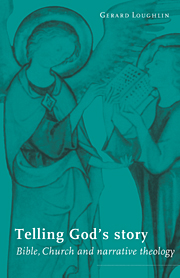1 - Future now
Published online by Cambridge University Press: 24 August 2009
Summary
Human beings are calendrical animals. They are always noting changes, marking time. As they grow and mature, age and decay, so they mark bodily transitions from infancy through childhood to adolescence, from youth to middle and then old age. These changes are noted with all manner of festivities, with rituals and ceremonies, with tests and sacrifices; with routines, repetitions and returns. By means of the calendar differences and changes are rendered significant and safe, or as safe as they can be. The day still passes into night, the summer into winter, the child into youth: the human animal still has to leave the safety of the garden. But it knows what is coming, it knows what repeats and returns, and what doesn't. It can prepare.
Calendars come to an end and have to be remade. Seven days to the week, twelve months to the year, ten years to the decade, ten decades to the century, ten centuries to the millennium; and then some more? Each time human beings pass from one calendar to another – from the long days of childhood to the ever shorter days of winter, from one year to the next – they become anxious and fretful. Is there a day after tomorrow? The time before the calendar ends is one of anticipation and sometimes dread, for at that time, time itself trembles: on the threshold it begins to fall apart. Humans are once more safe only when the calendar has been remade and time has been re-established. The endings of years, centuries and millennia are such times.
- Type
- Chapter
- Information
- Telling God's StoryBible, Church and Narrative Theology, pp. 3 - 26Publisher: Cambridge University PressPrint publication year: 1996

